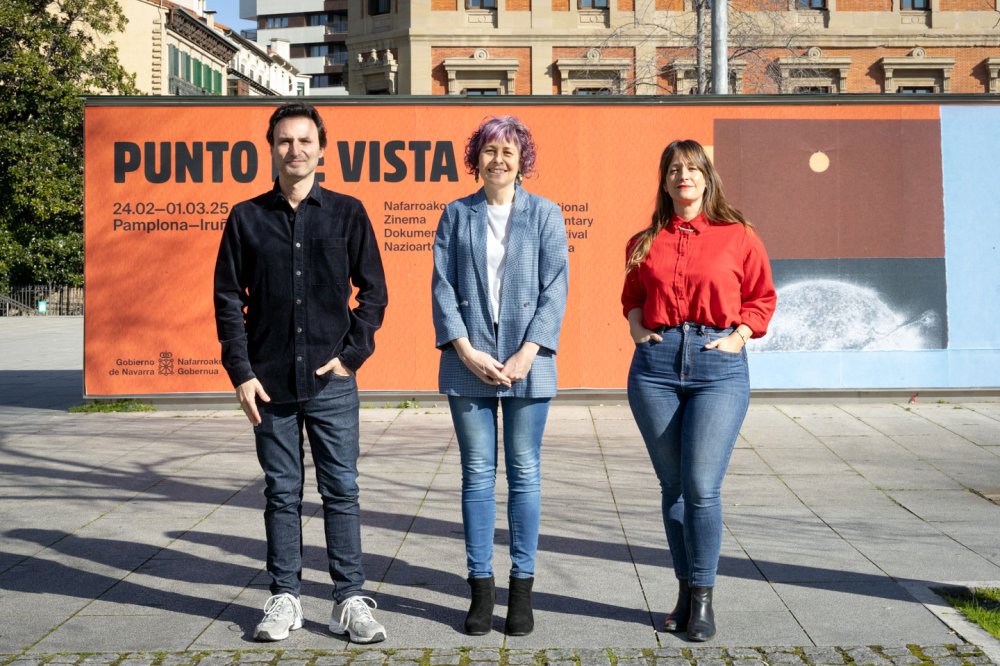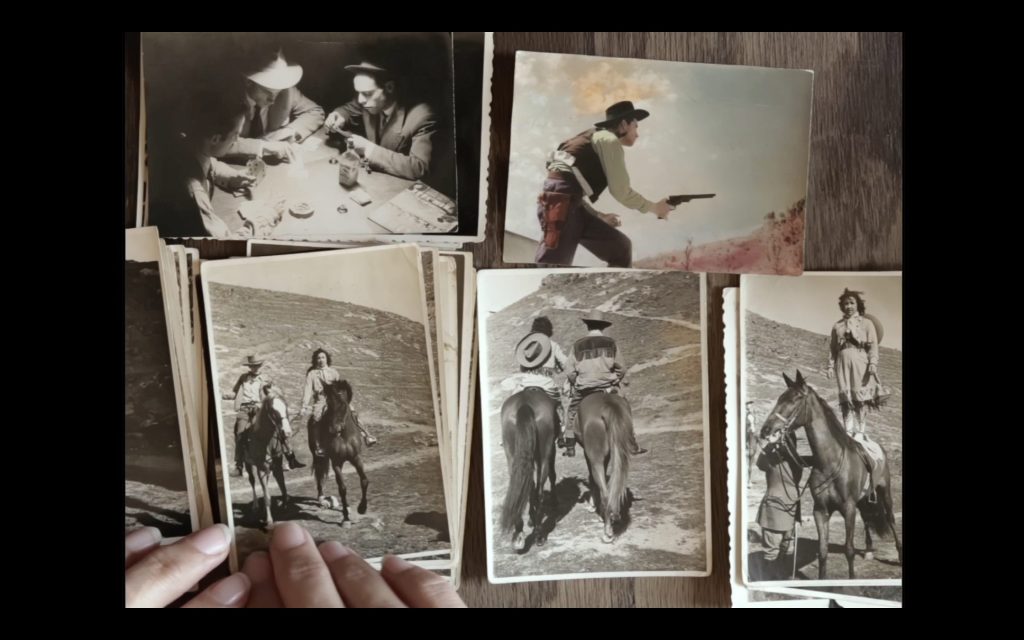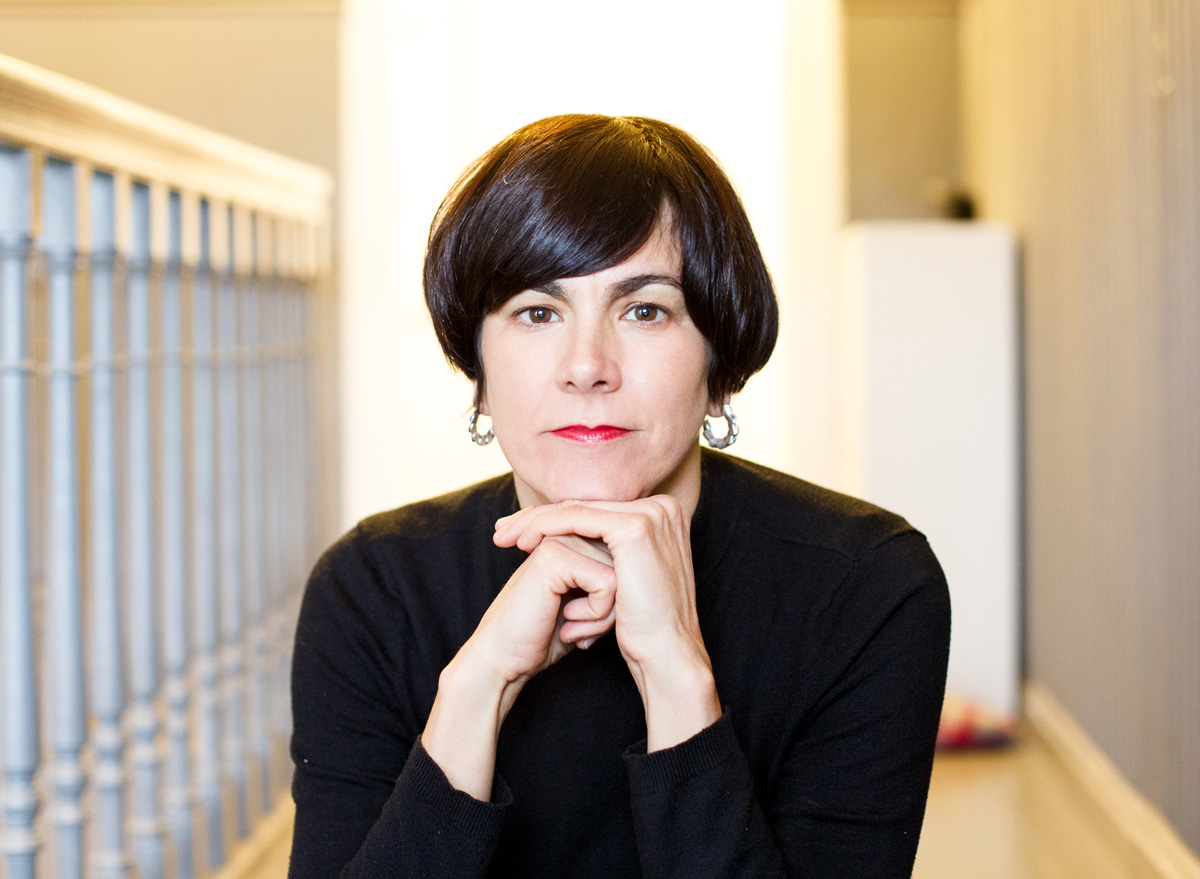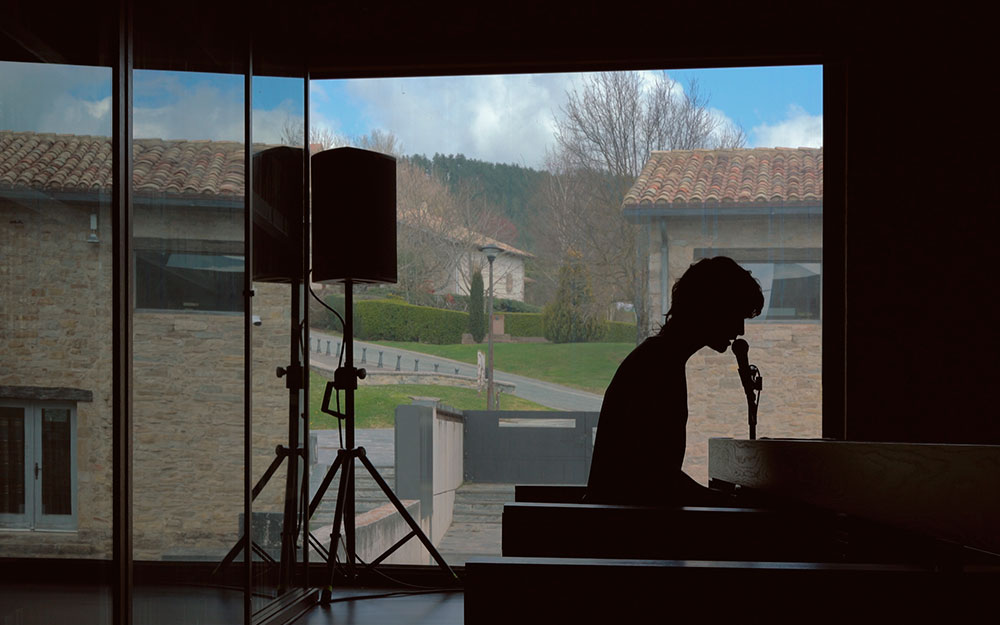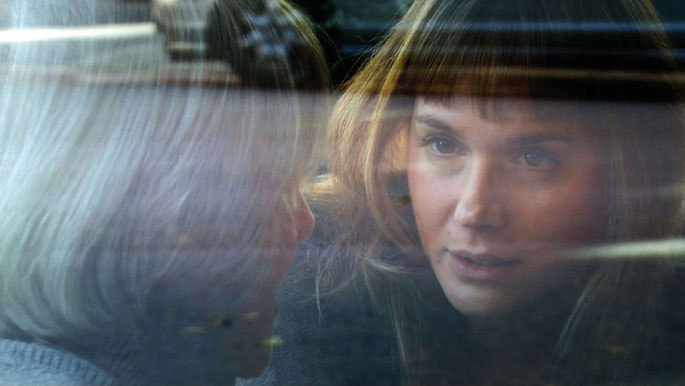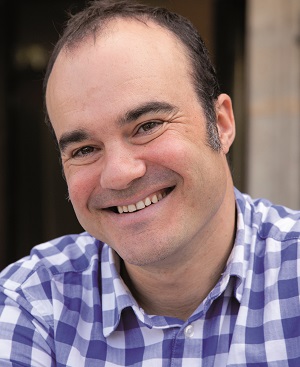Stories told through reality
- Pamplona will open its doors on 2 March to documentary cinema and Punto de Vista will gather nearby and distant works until 7 March with a critical, creative and experimental look. Throughout the week you will see many works, as well as training sessions related to film in Baluarte, Filmoteca de Pamplona, Centro de Arte Contemporáneo Huarte, Planetario de Pamplona, Teatro Gayarre and Katakrak.

Punto de Vista is the successor to a video-creation festival that was born in Pamplona in 1993 and was an impeller of audiovisual creative films. This festival, which already had a section dedicated to the documentary, has evolved with the international festival that this week has reached its fourteenth edition. The documentary is presented as a meeting place in which the filmmakers interested in overcoming and innovating gender conventions can know their searches and share them with the public. One of the premises of the festival is to value the ethical commitment that exists in the films, as the organizers consider that the artistic expression itself must have a coherent process. The festival is a non-fiction film celebration in which the works presented for competition propose ways to approach reality.
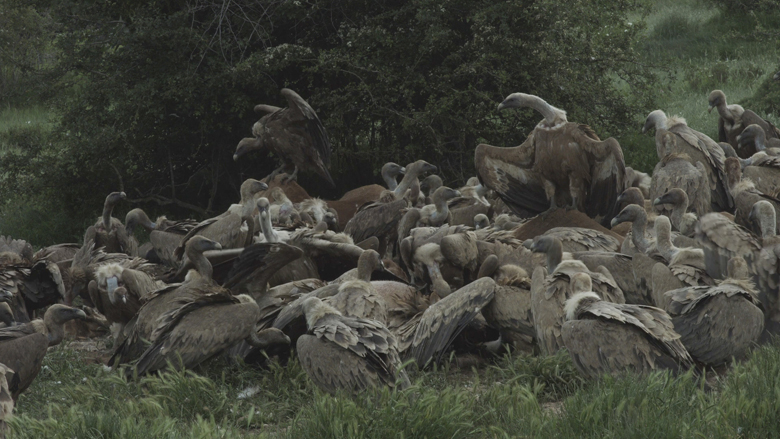
In addition to international films, there are also spaces dedicated to Basque documentary film. This year, for example, Zumiriki (2019), from Oskar Alegria, will be in charge of opening the festival, which revolves around a shipwreck hidden in the forest of the Navarre Pyrenees. In the Official Section, the film reserve, directed by the Catalan director Gerard Ortín and produced by the Basque producers Pyreneka and Tractora Koop, will be shown. Reserve is a 27-minute piece that reflects on the disappearance of the wolf and that approaches the animal that stars it. Through the remains of the wolf traps, the urine of predators imported from the United States, the scavenger feeding landfill and the archers that trigger animal replicas, Orthín makes a story about the weak balance of a territory and questions about the relationship between human and non-human beings. The film, which has already been selected in other countries, will compete in the search for the most important prizes.
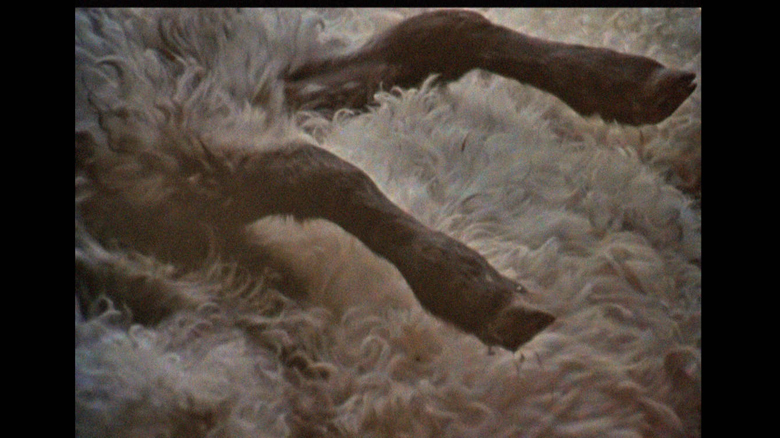
In the same vein, the X films section will show the Gorria project, which Maddi Barber has worked for a year in film. Punto de Vista was awarded last year with a prize that the director has materialized in a film stand of 16 millimeters high. Barber’s work addresses the issue of Orthín’s search for a different path. Gorria focuses on the care and murder of sheep flocks in Lakabe, which proposes an alternative to the way things prevail in the animal industry are done. The work is an approach to the beliefs and rituals of a people, and reflects in its images the doubts and contradictions of the management of other species. The works of both filmmakers can be considered as interviews, both with the public and with the environment and between them.
In addition, in the Landscape section you will also see films by Ione Atenea, Arnau Padilla, Peru Galbet, Lur Olaizola, Ainhoa Gutiérrez and Jesús María Palacios. Regarding the production of documentaries in Hego Euskal Herria, the Landscape section is a sample of the works that are presented as an open exercise of aesthetic and narrative exploration. The festival values risky proposals, which give importance to the search, which help to broaden the documentary field itself. This year, questions related to the concept of memory are raised in the films selected in this section. Each filmmaker has worked different meanings – intimate, family, collective, historical memory – and, from its own aesthetic or narrative expression, has analyzed a human need: the need to consolidate memory as a story or the need to manipulate it through filming and writing. The section proposes two projections for the vision of the works: on the one hand, the feature film January of Ione Atenea; on the other hand, to see what I need more than the eyes of Padilla, Galley got water, Olaizola Xulia, Gutiérrez Medvéde and Palacios.
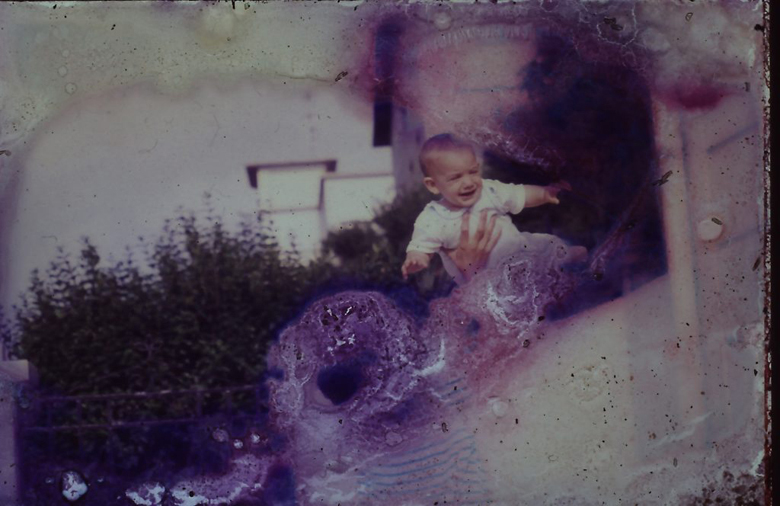
Galbet's second short film is Ura. The director, who also works as a musician, has developed the work at the Uharte Center, a space he offers for artists. The one who started experimenting live between music and images has finally found a balance in a sixteen minute film. The project starts with a flood suffered in his house when he was young, a uriola in which, despite his life, they lost many memories they had in the lower part of the house. His father had recovered a few slides, which he had cleaned one by one. Thus, Galley immerses himself in the meanings of the water footprint, with one question: Do the past not count the photos that have lived in their own meats the facts?
For his part, the work that Jesús María Palacios will show at the Festival focuses on the Francisco Franco Occupational University of Tarragona. The work that designates Labo proposes a walk through the memory of the university building. In two senses: look into the hallways that the construction has and approach the memories of the people who lived in them. The film is a journey to our past to better understand our present and future. In addition, the issue is of direct concern to those who move around what the Spanish dictatorship has presided over in recent times. The work is part of the 2019 Kimuak catalog and premiered in Documententa Madrid almost a year ago. The Donostiarra filmmaker has made three short films previously and has also worked on the feature film, specifically in the collective production Distances 2015.
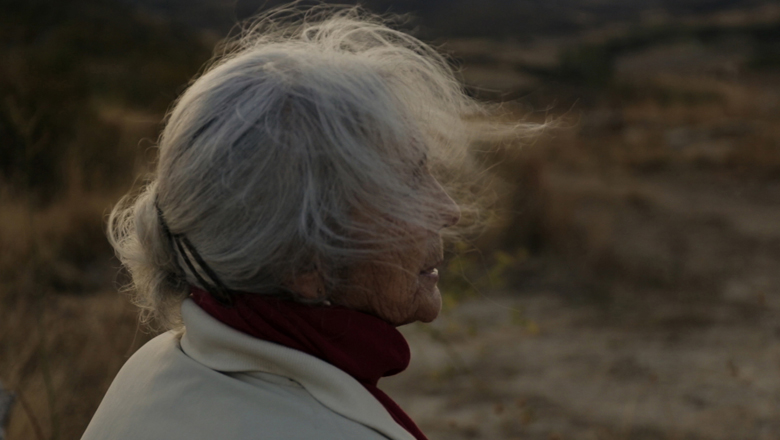
January, by Ione Atenea, is the only feature in the section and is the director's first film. The 69-minute work performs an intimate portrait of old age through the stories of two women over eighty years: the two grandmothers of the filmmaker. While the camera gathers the materiality and gestures of the bodies that age, women talk to us about their life, the passage of time and death. In the process of this work, the filmmaker went with his grandmothers to the place of origin of each one of them. On a trip he went to the sea of the Galician coast, from which Manolita emigrated more than forty years ago, and on another trip to the Navarra locality of Lerga. Mary Jesus was born there and returns to her home when she dies. The director says she wanted to know how to live when natural time is over and understands the film as a love letter for her grandmothers. Mrs Atenea wanted to look for a positive side to what can be disgraceful, while reflecting on the passage of time. This is not the first time that this director and artist has done a work on aging and transformation, as in 2016 he received a grant for Young Artists of Navarra thanks to the work 24/07 in which he collected themes related to Alzheimer's from his grandfather, which he would later publish as a book. The documentary is produced by Hiruki Filmake, a producer that Atenea shares with Garazi Erburu and Marina Lameiro.
Punto de Vista proposes a different way to understand the documentary and will offer the opportunity to see the works of the most innovative filmmakers in Euskal Herria
These films highlight the connection between work and reality, and I think that's what makes them important for society. It's possible that these stories can't be told otherwise. This kind of work often plays with the authenticity of the document, to question it and complete the film with fictitious facts. The myth of what a camera can shoot “what is in front as it is” has long been broken, and we have left behind – less poorly – the tendencies of an era to blindly believe the interpretations that came from anthropologists’ travels to “exotic” countries throughout the 19th and 20th centuries. Currently, the documentary, self-aware, provides a framework for reality and proposes where to look. The filmmaker should act ethically to those who have before them, and feels the need to clarify to the public who counts and what their relationship has been with this film. In short, it is a point of view that bears the name of the festival and that offers the documentary films. In the case of memory, moreover, this relationship with reality is an important feature, so that we have a support in which to place ourselves. There is no truth, but an asshole.
The current situation of the documentary has not always been so, by force. In everyday life we separate movies and documentaries from each other, unable to fit each other. Movies are entertaining to spend time; documentaries, learning tools -- boring -- that provide too much information. This festival, like many filmmakers working in the Basque Country and worldwide, proposes a different relationship: a way of knowing, enjoying and thinking. Perhaps a good combination can be found between the two to tell stories through reality. Therefore, it is up to us to deconstruct the prejudices that we bring.
I invite you to reflect on this, this week in the halls and in the streets of Pamplona. Let us at least open up the room for debate.
Otsailaren 24tik eta martxoaren 1era bitartean, astebetez 60 lan proiektatuko dituzte Punto de Vista zinema dokumentalaren jaialdian. Hamar film luze eta zazpi labur lehiatuko dira Sail Ofizialean; tartean mundu mailako lau estreinaldi eta Maddi Barber eta Marina Lameiro... [+]
The Punto de Vista festival of Pamplona/Iruña last Saturday offered the director José Luis Guerin almost all day, before the closing of the tenth edition. In the morning he presented L’Accademia delle muse with good entry: “We’ve met more people than at the PNV event and... [+]
Guillermo Moncayo kolonbiarrak zuzenduriko Echo Chamber filmak lortu du dokumental onenaren saria, Ikuspuntu Nafarroako Zinema Dokumentalaren Nazioarteko Jaialdian.








